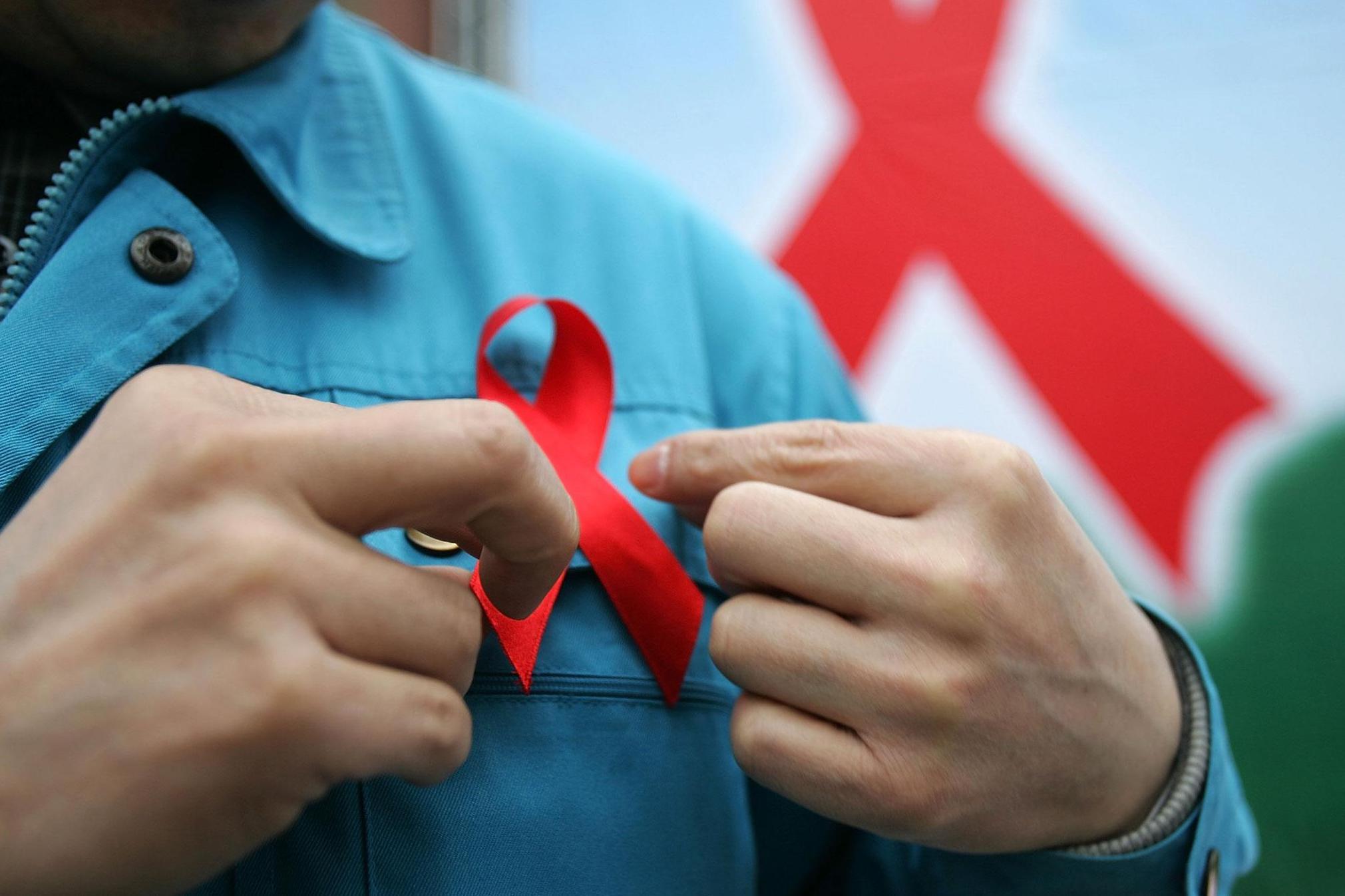'Patient Zero' did not bring HIV to the US, study finds
Gaetan Dugas was blamed for spreading the virus that causes Aids, but geneticists now say HIV arrived in the US long before he was infected

The Canadian flight attendant dubbed “Patient Zero” and publicly blamed for spreading HIV in the US has been exonerated by science more than 30 years after his death. Gaetan Dugas could not have been the first person to bring the virus that causes Aids to the US, according to an international team of geneticists, whose study was published in Nature on Wednesday.
The researchers used sophisticated genetic analysis to conclude that the virus arrived in the US from the Caribbean in approximately 1970 and remained confined to New York City for about five years before spreading west to the rest of the country, leading to an epidemic that has since killed some 700,000 people in the US alone.
Dugas would have been one of thousands of people infected with the virus in the 1970s, according to the scientists, who studied blood samples that were taken from gay men in New York in 1978 and 1979 as part of a study of a separate disease, also prevalent among the gay community at the time: hepatitis B.
Geneticists believe HIV was first transmitted to a human from a chimpanzee in sub-Saharan Africa, sometime in the early 20th century. It later took hold in Kinshasa, the capital of the Democratic Republic of Congo, before being found in the Caribbean during the 1960s. The new study suggests it moved from Haiti to New York City in 1970 or 1971.
“There really is no question about the geographical direction of movement,” Michael Worobey, the evolutionary biologist at the University of Arizona in Tucson who led the study, told the Los Angeles Times. “New York City acts as a hub from which the virus moved to the West Coast — and eventually to Western Europe, Australia, Japan, South America and other places.”
HIV was officially recognised by the medical community in 1981. In 1987, journalist Randy Shilts identified Dugas as “Patient Zero” in his book about the early Aids crisis, And the Band Played On. The book and a subsequent film adaptation portrayed Dugas as continuing to have regular sex with multiple partners despite doctors’ warnings that he might spread the infection.
Dugas, who had died of Aids in Quebec in 1984, was demonised by the media and described by the New York Post in one headline as “The Man Who Gave Us Aids”. In an early study of the infection by the US Centers for Disease Control and Prevention (CDC), Dugas was given the case number 57 – meaning he was probably the 57th patient found suffering from the illness.
In a subsequent CDC study conducted in California, he appeared near the centre of a network of 40 men in 10 US cities who had contracted HIV and were connected to one another by sexual contact. In that study, he was named patient “O” – meaning “Outside California” – which was later misread as a zero, hence his subsequent characterisation as the origin of HIV in the US.
In fact, Dugas did not show symptoms of Aids until at least 1979, much later than some of the other men seen by the study.
Join our commenting forum
Join thought-provoking conversations, follow other Independent readers and see their replies
Comments
Bookmark popover
Removed from bookmarks